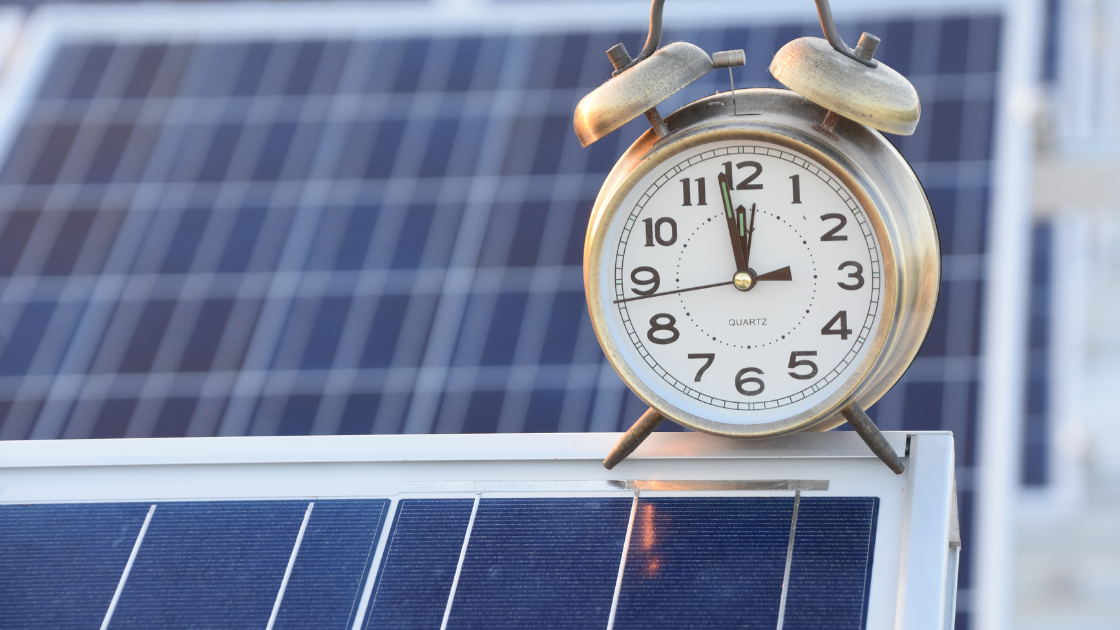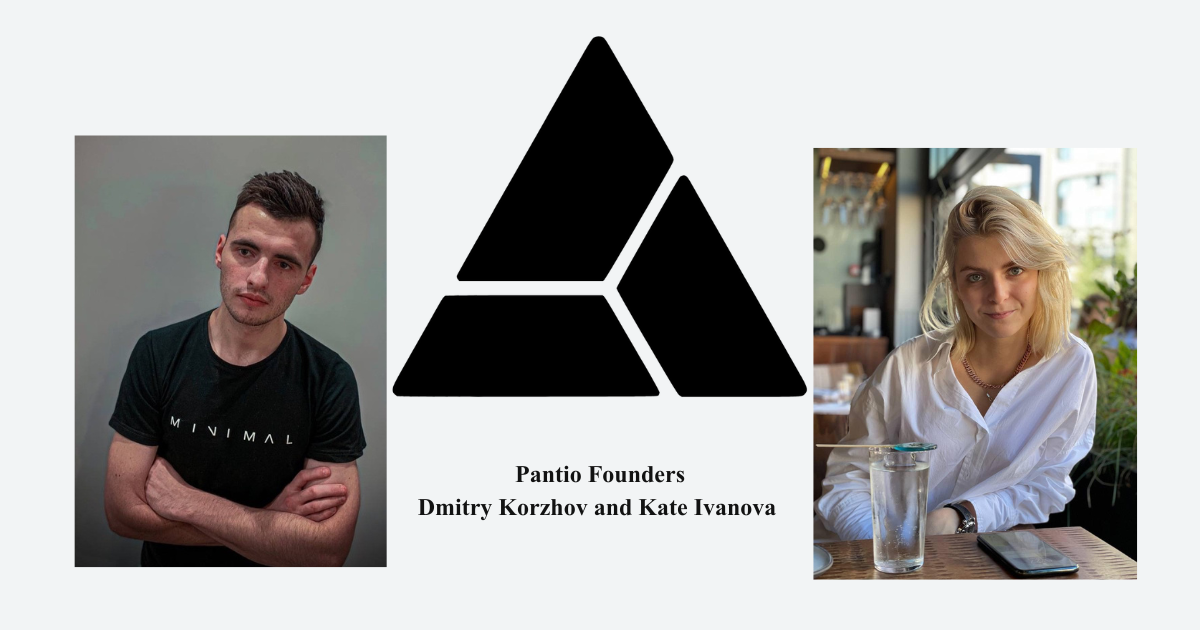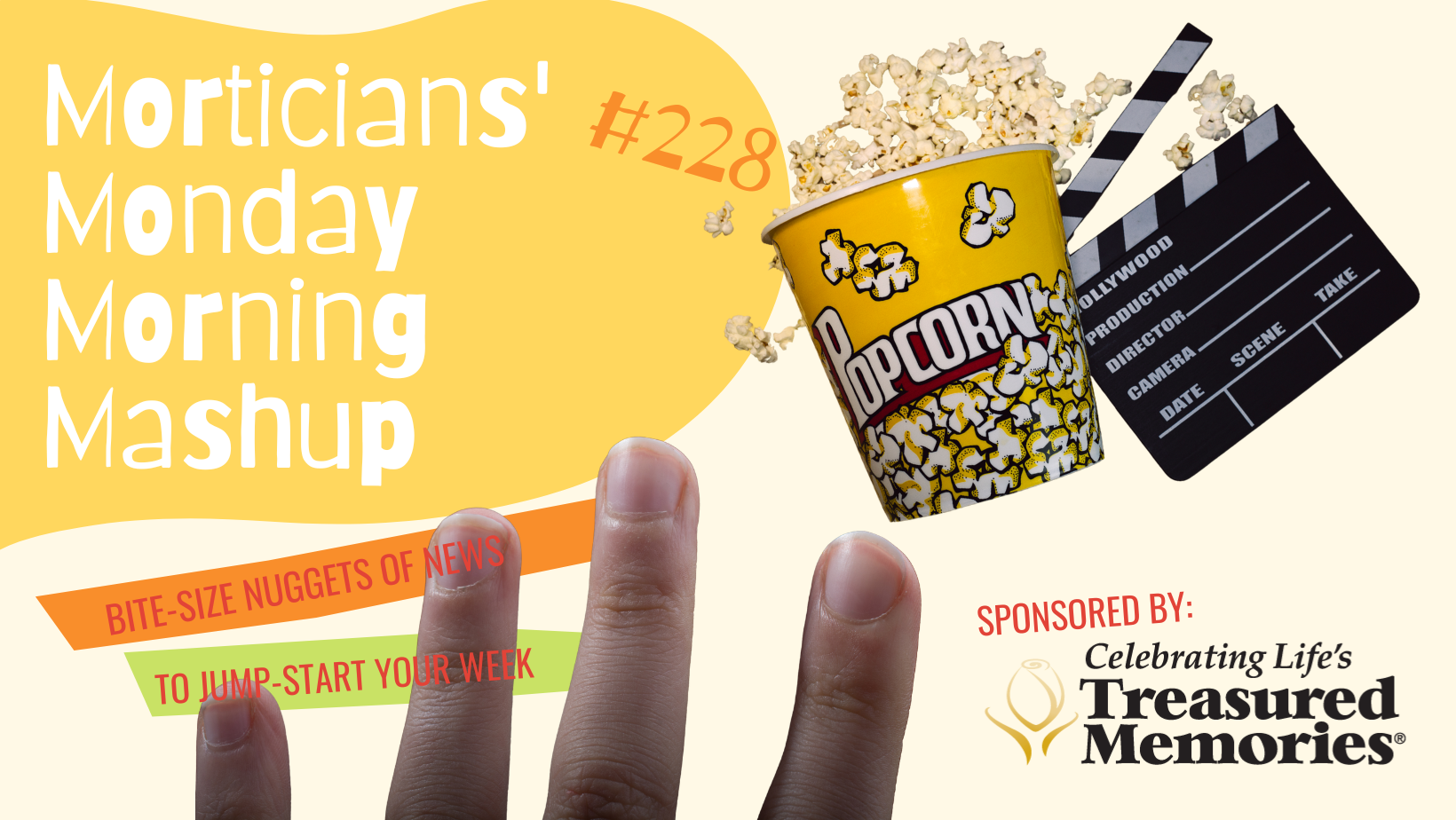Determine Where to Spend Your Time and Energy
Thank you to Dr. Davana Pilczuk of The Human Performance Group for this article. Dr. Pilczuk is an award-winning kinesiologist who specializes in human performance. She is a speaker, writer and consultant for Fortune 500 companies, sports teams and small businesses.
If you are struggling to keep things afloat at work or in your personal life, don’t beat yourself up over it. The last two years have been a doozy. If you are still standing, in relatively good health, vigorously pat yourself on the back. While 2022 holds a great deal of hope and optimism for us all, the reality is that we are not out of the clear. Its looking like a long while until life significantly feels normal again. In the meantime, we humans are starting to burn out. Not even marathon runners can run endlessly. They all have to stop, rest, rehydrate and slow down at some point. So how do we rest and recover when this crisis we are in, isn’t letting up?
When your plate starts filling up or worse yet, overflowing with stuff, it’s imperative you take a moment to sift through the things you are doing to determine if they are worth your time and energy. It might sound silly, because everything you do is important or else you wouldn’t do it right? Well, it turns out, we often give too much effort to things that aren’t that important and we make many things feel like emergencies, when they really aren’t that crucial to our survival. To reduce your stress levels, use the following activity that good businesses and project managers use to determine where to spend their time and energy so they yield the greatest performance without burning themselves out.
Urgent versus important
If you find yourself running from activity to activity, attempting to handle all the things life is tossing at you, slow down and try this little activity. Get out a sheet of paper and start listing all the things that have you stressed out each week. Cleaning the house, cooking dinner, working on your webpage, whatever. Just jot it all down. Next draw four large squares and write each of the following in a square: urgent and important, not urgent but important, urgent but not important, and not urgent and not important. Urgent refers to how quickly this item needs to be taken care of such as paying the water bill on time. Being late could cause your water to be shut off and additional fees. Important refers to the significance of something in your life, such as making sure the kids go to school every day.
Look at your list of things and start plotting them in each corresponding square. Making the payment on time for your kid’s school photos is an urgent item, but in the grand scheme of life, it really isn’t that important. You can always pay it later or just take a headshot of them standing in front of the garage. The grandparents will never know. The point is to start identifying and accepting that not everything requires the highest level of attention and effort. We tend to stress ourselves out by making insignificant things far more important than they really are.
Effort versus payoff
For larger items, like projects or initiatives that will take a significant chunk of time to complete (like going back to college), create another four squares. In each square write one of the following: high effort and big payoff, high effort and small payoff, low effort and big payoff, and low effort and small payoff. Intentionally consider those big ticket items you are working on and place them in the corresponding square. Remodeling your kitchen will require high effort but the payoff is usually substantial. Killing yourself to mail out 50 Christmas cards is a lot of effort and usually nets you didilly squat.
If you want to have the energy to make is through this marathon, you’ve got to become very strategic as to where you spend your time and energy. Time is constant. Energy is not, so stop making everything so urgent or important. Energy is the thing that we run out of every day, therefore protect it and use it wisely: where it will yield you the greatest results.
Davana Pilczuk has a doctorate in kinesiology and specializes in helping individuals and teams perform better at work, in sports, or in life. Follow her on Twitter @DavanaHPG or contact her at davanapilczuk@hotmail.com.




